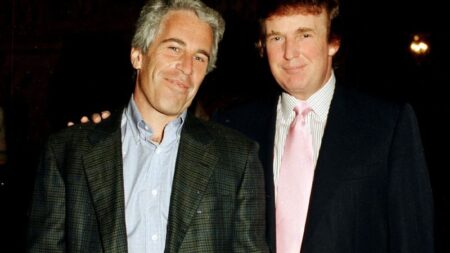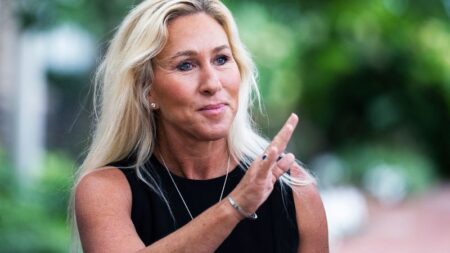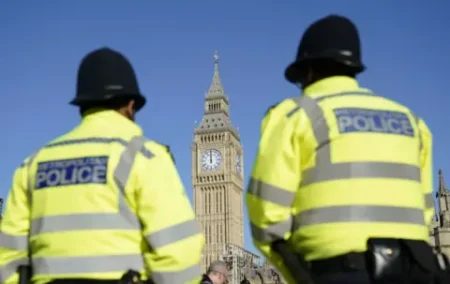Chris Mason’s article discusses the contentious relationship between Diane Abbott and the Labour Party, particularly focusing on the political ramifications of her recent comments regarding antisemitism and racism. This narrative traces the continuing saga of Abbott, who has held notable positions within the party and the House of Commons. As the first black woman elected to this esteemed assembly and known as the ‘Mother of the House’, her voice has been influential, yet fraught with controversy.
The latest developments stem from remarks made by Abbott in a letter published in April 2023, where she compared the experiences of various groups, including Jewish people, to those of individuals facing prejudice based on their physical attributes, like red-haired individuals. Her intention, as she subsequently claimed, was to highlight differing perceptions of prejudice; however, the backfire was significant. Following these statements, Abbott faced backlash, leading to a brief suspension from her party.
What is particularly striking is Abbott’s refusal to express remorse for her original comments, which she reiterated in a recent BBC Radio 4 interview. Her insistence that she does not regret her statements, despite their initial consequences, raises critical questions about accountability and consistency within the Labour Party. This lack of contrition is pivotal in understanding why the party opted to suspend her again, as consistency in handling issues related to antisemitism is considered vital by its leadership under Sir Keir Starmer.
Adding depth to the situation is the historical context surrounding antisemitism within the Labour Party. During Jeremy Corbyn’s tenure as leader, the party faced severe scrutiny over allegations of antisemitism, leading to legal findings of breaches regarding equality laws. Starmer’s ascent was marked by a commitment to eradicate such issues from the party’s culture, promising a renewed focus on inclusivity and respect for diversity.
Abbott’s recent comments in the interview, where she stated that racism and antisemitism can differ based on visibility and acknowledgment, were not well-received. By suggesting that skin color is instantly identifiable, Abbott seemed to reinforce her argument about the nature of racial experiences — an assertion many find problematic given the ongoing fight against all forms of discrimination.
In her response to the suspension, Abbott expressed her indignation about being targeted by party leadership, suggesting that her commentary was factual and defensible. This predicament mirrors her earlier experiences where she found herself vacillating between allyship with the party and condemnation from its ranks. Now again facing suspension, Abbott must navigate her future paths, possibly looking toward redefining her political journey, especially as former allies, like Jeremy Corbyn, seek new avenues outside of Labour.
This scenario accomplishes more than merely chronicling Abbott’s individual journey; it exposes the deeply embedded tensions within the Labour Party itself regarding identity, political strategy, and the challenge of upholding party unity amidst divisive issues. Unlike personal grievances, these political disputes can significantly impact the broader public discourse surrounding race and acceptance in politics. It begs the question of how political institutions manage internal dissent while advocating for progressive reforms.
In conclusion, while Diane Abbott’s narrative is personal, it reflects broader political challenges faced by the Labour Party and British society regarding race relations and the inclusivity of various communities. Abbott’s situation serves as a microcosm of the struggles within the party to balance historical responsibilities with future ambitions, as both she and the Labour Party confront their fates in the evolving political landscape.










